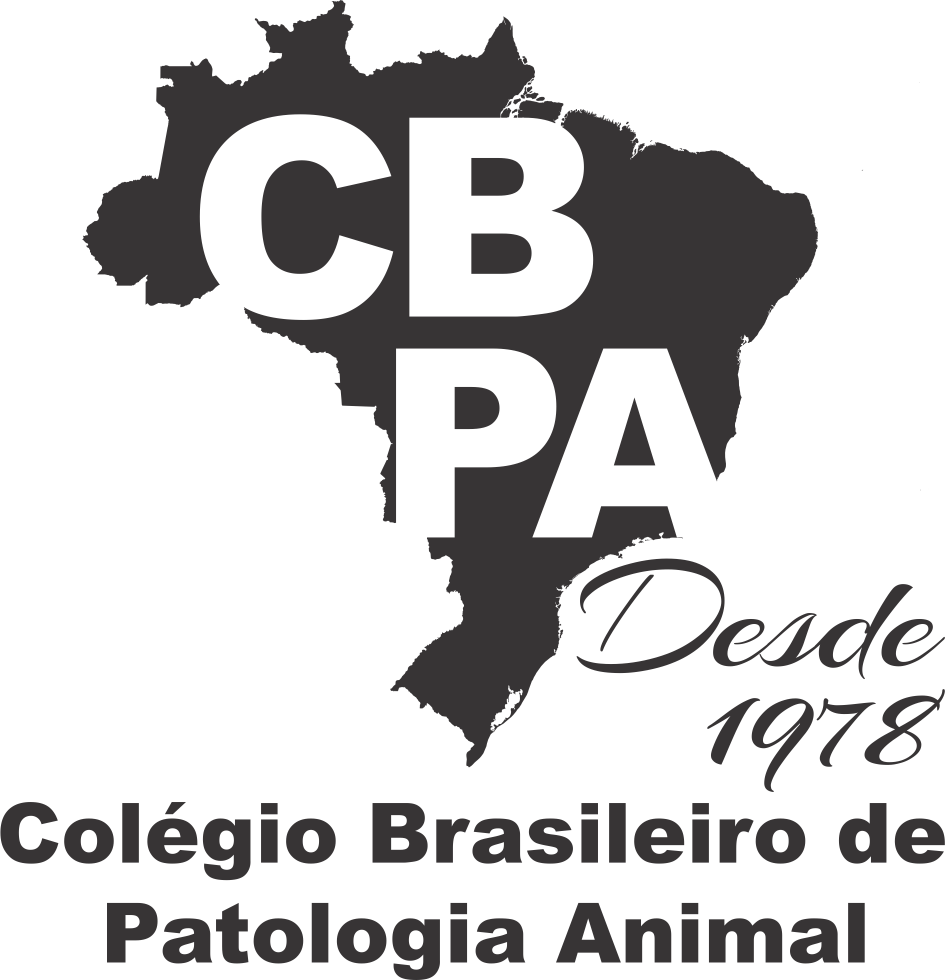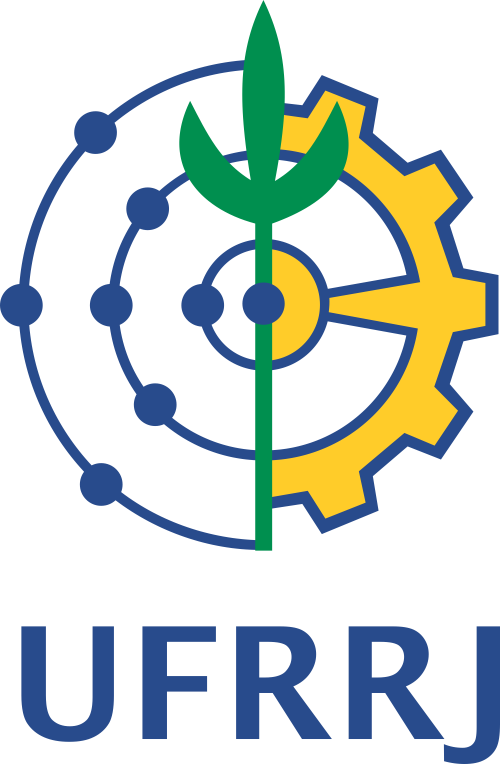Resultado da pesquisa (1)
Termo utilizado na pesquisa R-plasmid.
#1 - Antimicrobial resistance and R-plasmid in Salmonella spp from swine and abattoir environments
Abstract in English:
Lázaro N.S., Tibana A., Rodrigues D.P., Reis E.M.F., Quintaes B.R. & Hofer E. 2004. Antimicrobial resistance and R-plasmid in Salmonella spp from swine and abattoir environments. Pesquisa Veterinária Brasileira 24(2):57-60. Depto Epidemiologia e Saúde Pública, Instituto de Veterinária, UFRRJ, Seropédica, RJ 23890-000, Brazil. E-mail: nslazaro@aol.com
Salmonella serovars isolated from swine are of particular interest not only because of the pathogenic potential for this animal species, but also due to its relevance with regard to public health. On basis of the profile of resistance to antimicrobials, 13 Salmonella strains were selected which belonged to the serovars Muenster (7), Derby (4), Typhimurium (1), and Braenderup (1). They were isolated from healthy swine as well as from the abattoir environment in the state of Rio de Janeiro. All strains of Salmonella were subjected to bacterial conjugation, and the E. coli K12 Nalr Lac+ F standard strain was used as receptor, with the purpose to verify the ability to transfer the resistance marks. Gene transfer phenomenon was detected in seven strains, and except Salmonella Typhimurium which transconjugated to Sm, Tc and Su, the remaining ones were characterized by transferring mark Su only. By plasmidial analysis of strains used and their respective transconjugants, 63 Kb plasmid was found, which was probably related to S. Typhimurium resistance.
Abstract in Portuguese:
Lázaro N.S., Tibana A., Rodrigues D.P., Reis E.M.F., Quintaes B.R. & Hofer E. 2004. Antimicrobial resistance and R-plasmid in Salmonella spp from swine and abattoir environments. Pesquisa Veterinária Brasileira 24(2):57-60. Depto Epidemiologia e Saúde Pública, Instituto de Veterinária, UFRRJ, Seropédica, RJ 23890-000, Brazil. E-mail: nslazaro@aol.com
Salmonella serovars isolated from swine are of particular interest not only because of the pathogenic potential for this animal species, but also due to its relevance with regard to public health. On basis of the profile of resistance to antimicrobials, 13 Salmonella strains were selected which belonged to the serovars Muenster (7), Derby (4), Typhimurium (1), and Braenderup (1). They were isolated from healthy swine as well as from the abattoir environment in the state of Rio de Janeiro. All strains of Salmonella were subjected to bacterial conjugation, and the E. coli K12 Nalr Lac+ F standard strain was used as receptor, with the purpose to verify the ability to transfer the resistance marks. Gene transfer phenomenon was detected in seven strains, and except Salmonella Typhimurium which transconjugated to Sm, Tc and Su, the remaining ones were characterized by transferring mark Su only. By plasmidial analysis of strains used and their respective transconjugants, 63 Kb plasmid was found, which was probably related to S. Typhimurium resistance.









